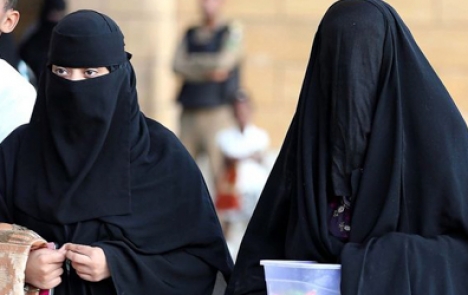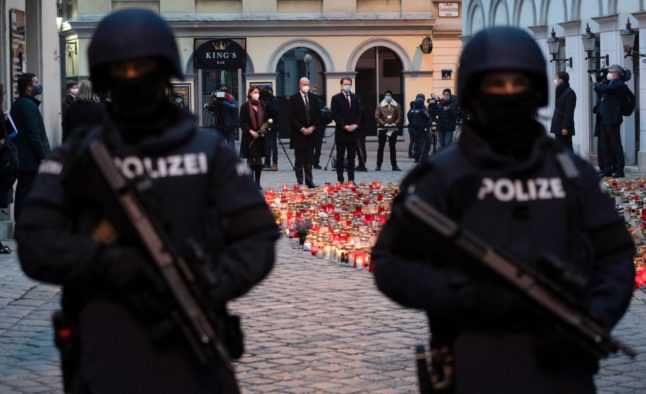The survey was commissioned by the Austrian public broadcaster ORF, for its programme Bürgerforum. 58 percent of the 500 respondents said that they felt that more Muslims were becoming radicalized in Austria. 30 percent felt this was not the case and that such statements were exaggerated.
62 percent felt that the coexistence between Muslims and non-Muslims in Austria was "not so good", and only 27 percent felt it was "rather good".
ÖGM noted that the survey was carried out after the shootings in Paris and Copenhagen, and that the results were likely to have been affected by these events.
41 percent of people questioned feared a similar attack in Austria but the majority, 47 percent, said they did not believe something like this was likely to happen.
Austria’s government did not fare well in the survey, with 75 percent saying that they believed ministers had realized too late that the “Muslim immigrant community" presented problems.
86 percent felt that more police on the streets would help increase security and 72 percent said they were in favour of increased video surveillance and more monitoring of mosques and Islamic institutions.



 Please whitelist us to continue reading.
Please whitelist us to continue reading.